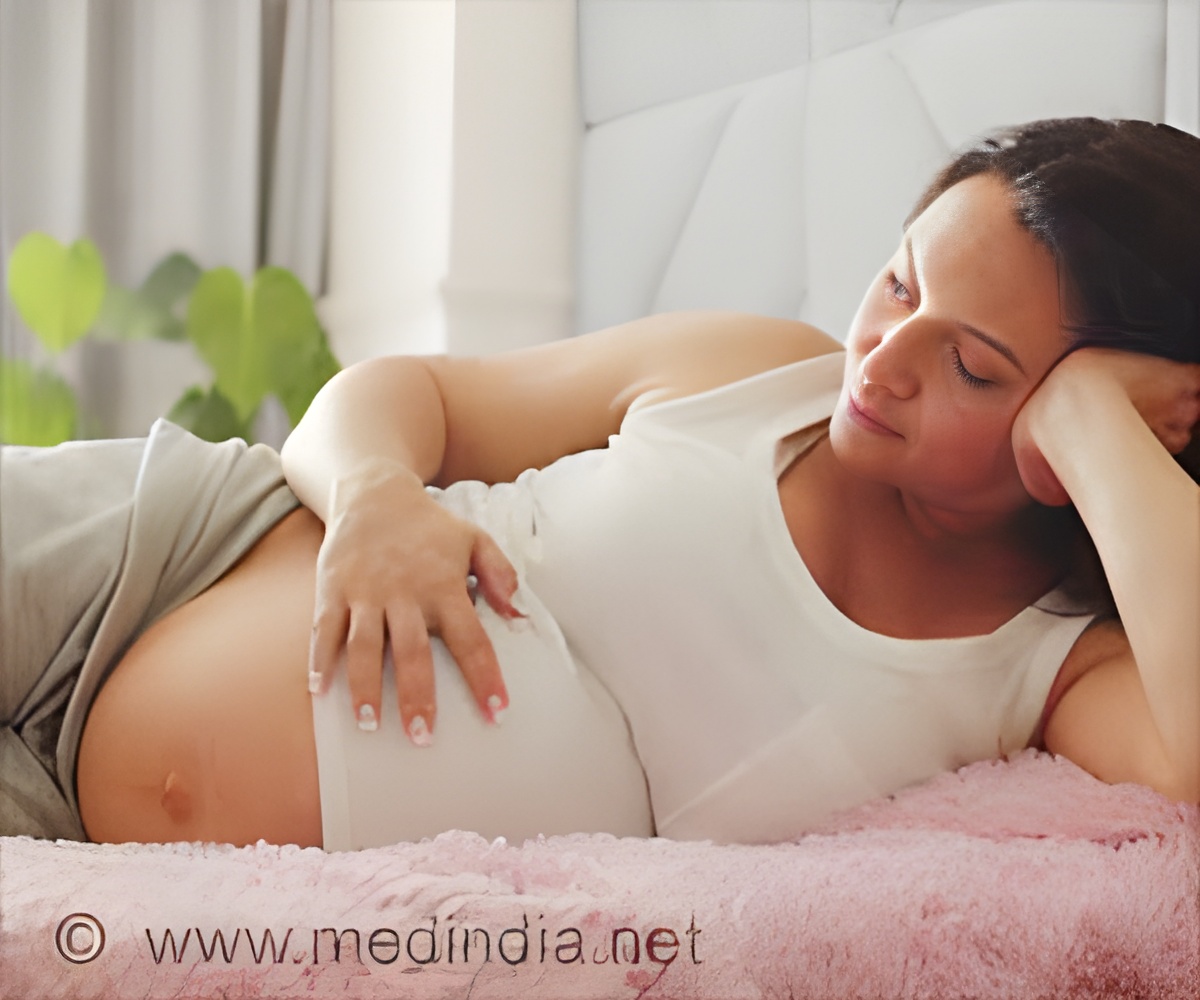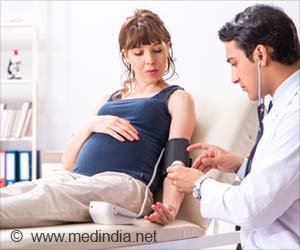Women involved in motor vehicle crashes during pregnancy were at increased risk of various adverse pregnancy outcomes, especially while riding scooters.

‘Clinicians should be aware of birth complications that occur during motor vehicle crashes, and should include the information in prenatal care.’





Also, using hospitalization data following MVCs may result in an over- or under-representation of severe injuries, because women involved in minor injuries may not present themselves to hospitals. Thus, there is a potential selection bias for the studies entirely based on the MVC data reported to the hospital.To try and provide a broader perspective, researchers drew on information supplied to the National Birth Notification (BN) Database in Taiwan, medical insurance claims, and death registry data between 2007 and 2016.
Is Motor vehicle crash a Risk Factor for Birth Complications?
Some 20,844 births were recorded among 20,739 women involved in a road traffic collision while pregnant during this period. They were each matched with 4 randomly selected women, of the same age and at the same stage of pregnancy, but who hadn’t been involved in a road traffic collision.Information was collected on potentially influential factors, including the area of residence, household income, nationality, lifestyle, and risky behaviors, such as alcohol and drug taking during the pregnancy.
The women who had been involved in road traffic collisions were more likely to live in rural areas, to be financially disadvantaged, and to have engaged in risky behaviors during their pregnancy.
Compared with their peers, these women were 31% more likely to experience prolonged contractions, 51% more likely to experience placental abruption, 19% to bleed very heavily before birth, and 5% more likely to need a cesarean section delivery.
Advertisement
Injury severity was also an important factor: women who had been severely injured in the collision were 4 times as likely to experience placental abruption, 61% more likely to need a C-section, and 80% more likely to deliver prematurely than those who hadn’t been injured.
Advertisement
Pregnant women riding scooters at the time of the incident also had significantly higher risks of birth complications, ranging from 6% (C-sections) to 83% (placental abruption) than those in cars.
These findings reinforce the fact that healthcare workers should be aware of these effects and consider providing pregnant women with educational materials about road traffic safety and choice of the vehicle while traveling during pregnancy.
Given the associations observed, a better understanding is needed in future research of the circumstance following crashes during pregnancy to develop effective management.
Source-Eurekalert















